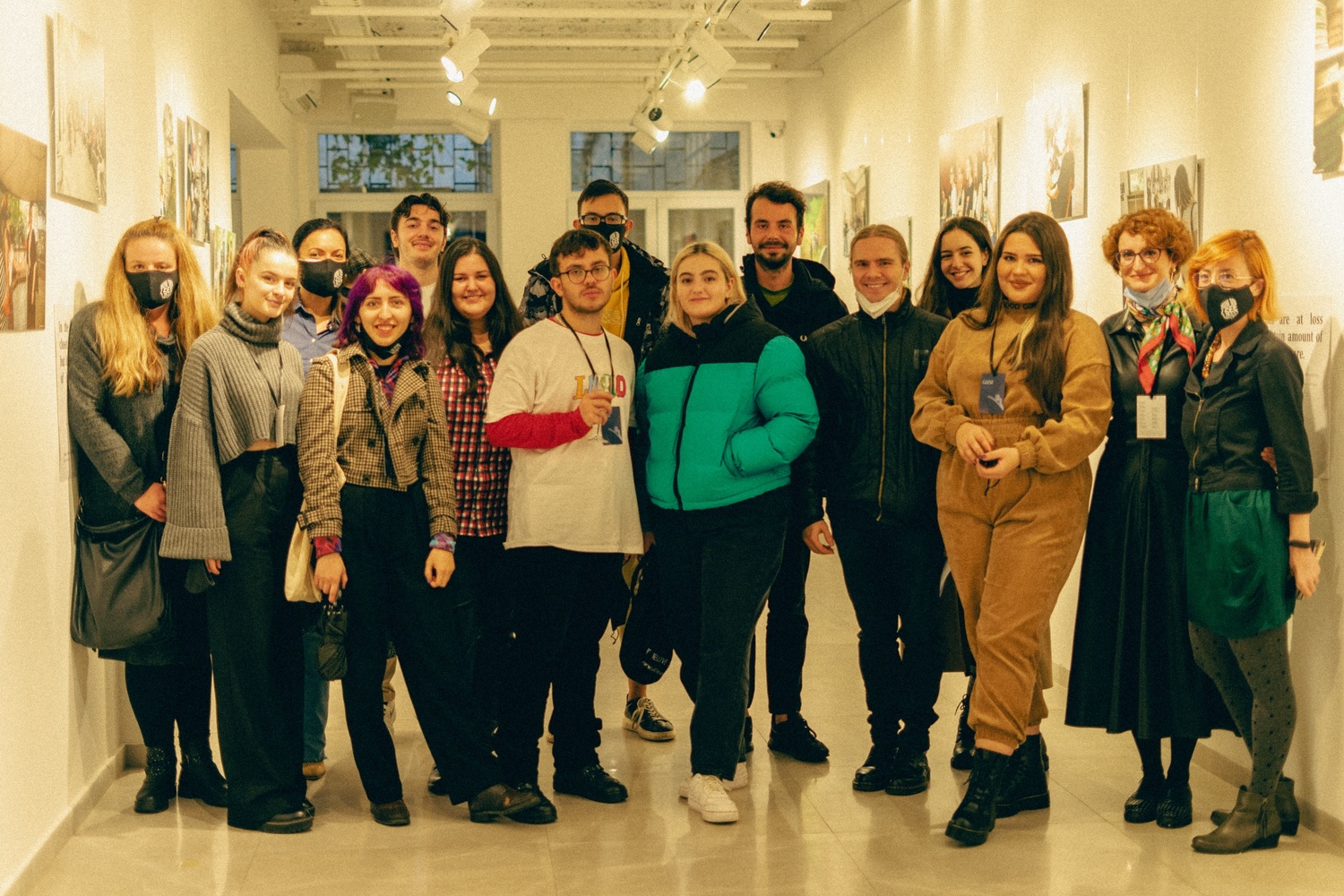Category: Blog Organizations: DokuFest Tags:
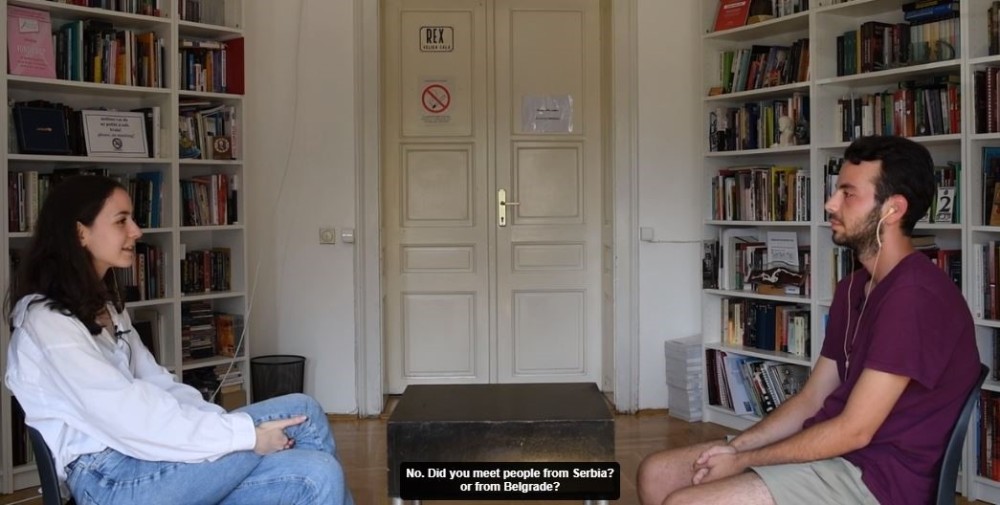
In the time of fake news, tabloid media headlines, combined with hate speech, how do we see each other? Probably wrong. The turning point can be made by young people and their direct contacts through topics such as culture, art, movies, human rights...
Multimedia exhibitions, camps, visits to Belgrade, Krusevac, Prizren, and conversations - this is just a part of what young people from Serbia and Kosovo* are involved in through the project "How do I see you?". Much more important is the experience they carry with themselves.
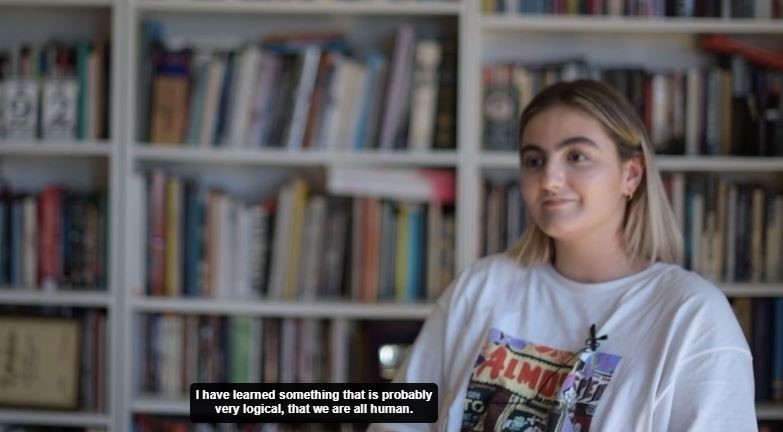
The project "How do I see you?" followed a long-term cooperation between DokuFest and the Free Zone Film Festival (B92 Fund).
"It is not just dialogue that can remove barriers between us," DokuFest project coordinator Zana Arapi told www.kosovotrustbuilding.com.
"It's easier to talk about difficult topics through art and movies," she adds.
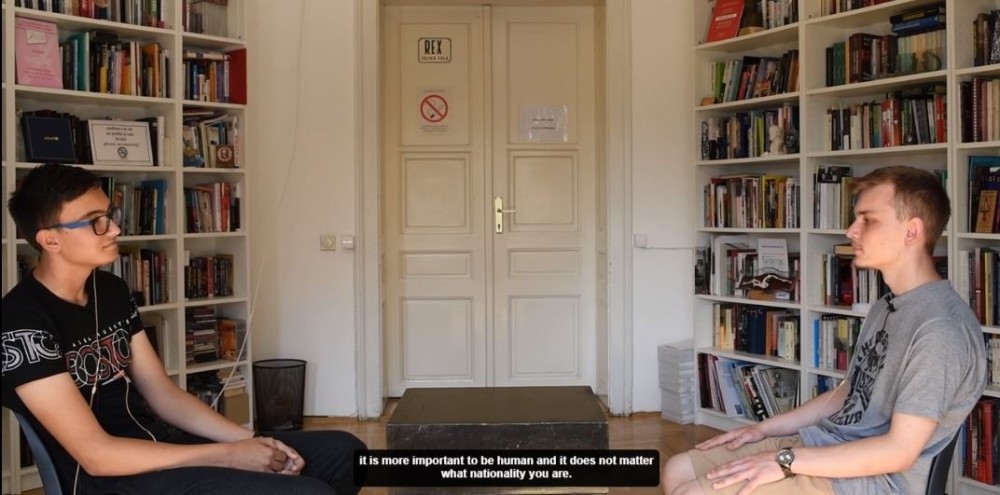
That is why the main goal of the project is the intercultural exchange of young people from Kosovo* and Serbia, which is being implemented by partners from Belgrade and Prizren from 2020.
Although part of the activities were carried out online due to the pandemic, the first intercultural camp was organized in Belgrade and Krusevac in June.
"During the camp, we saw how much physical contact is needed in the sense – it is one thing when you talk online, but the approach is completely different when you meet someone in person. And the whole event went very well," Arapi added.
"The expectancy of the live meetings may have made those meetings an unforgettable experience. They point out how much they learned about each other during all the meetings and travels. Young people from Kosovo* especially emphasize that they now have a different view about people from Serbia, and vice versa, young people from Serbia say the same about their peers from Kosovo*"- adds the Coordinator of the Free Zone Junior program, Olivera Randjic.
During the camp, participants recorded videos that were edited and published as part of an exhibition at the 20th edition of DokuFest, in Prizren, in August, and then, with additional changes, the material was published as part of an exhibition recently held in Belgrade.
"Apart from the two-minute videos they made about themselves and how they see each other, they also revealed to each other the cultural life of the communities they come from, music, books, movies…" - she added.
The young people also met at the exhibitions.
"Younger generations have less prejudices. It was very interesting, because the young generations (Serbs, author's comment) do not know, for example, how the Albanian language sounds at all" - Zana Arapi recounts part of the impressions from direct meetings of young people.
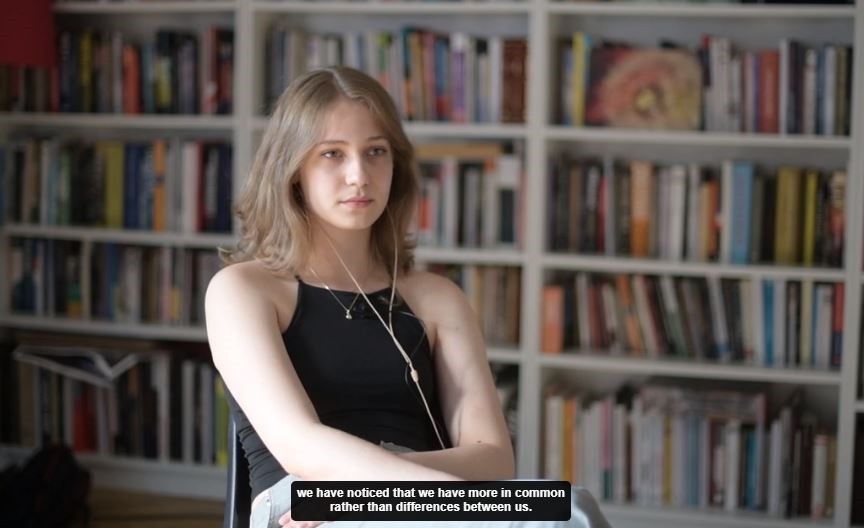
About 40 of them have been included in the program so far.
"The way they have been interested and curios in getting to know their peers who come from different ethnic, religious, linguistic and cultural contexts, as well as the creative exchange between them - was fantastic," explains Olivera Randjic.
On the other hand, the mentioned exhibition in Belgrade caused the greatest public attention.
The exhibition consisted of video interviews "In pairs", video works entitled "Biographies of subjects", as well as photographs taken within this mobility and cultural exchange project.
"Of course, the audience was mostly interested in the video setting of the exhibition, which was set on two interactive screens where they could choose the videos they would watch," adds Randjic.
The exhibition reflected the multicultural character of the project, so the video segments of the exhibition, quotes and prints were in Albanian, Serbian and English, which the visitors of the exhibition especially liked, Randjic explains.
The exhibition was opened by the head of the political sector of the Delegation of the European Union to Serbia, Dirk Lorenz. The European Union is the donor of the project.
The President of the Board of the B92 Fund, Veran Matić, emphasized the importance of building bridges among young people in the region, especially from Serbia and Kosovo*.
"These wonderful girls and boys are the ones who will create a better future," Matic said.
"I think we need more projects like this. Both governments, of Serbia and Kosovo*, should invest more in such projects, seminars, camps," Arapi added.
"Meetings in projects like this bring young people new perspectives, experiences, new knowledge. And we certainly plan to work on that additionally", says Randjic.
In support of that, both interlocutors state that the participants in the project have created strong ties, and that they are in contact even after the end of their joint activities.
In the meantime, another public call has been opened for young people to participate in the program. Their selection and then a new round of cultural exchange is expected.
"We are expecting several cycles of receiving new participants in the project, with whom we will also socialize and work in a creative way. All this will result in new exhibitions at the DokuFest and Free Zone festival, and the idea is to place all video formats of these exhibitions at one platform at the end of the project, where they will be available to wider audience," says our interlocutor from Belgrade.
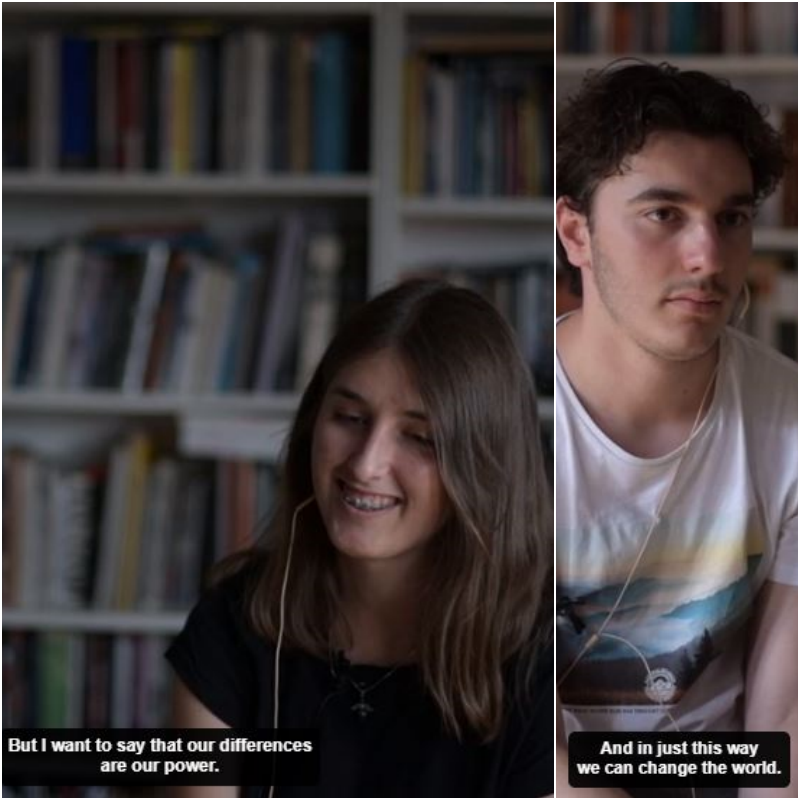
"Young people are the future of all countries. We have to invest in them, because our future depends on them," added Arapi.
And if you want first-hand impressiond, watch the video below.Project participants talk and reveal to each other if and with what what prejudices they faced, what was the surprise for them, and what have they learned about each other:
Kosovo - all references to Kosovo, whether the territory, institutions or population, in this text shall be understood in full compliance with United Nation's Security Council Resolution 1244 and without prejudice to the status of Kosovo.

